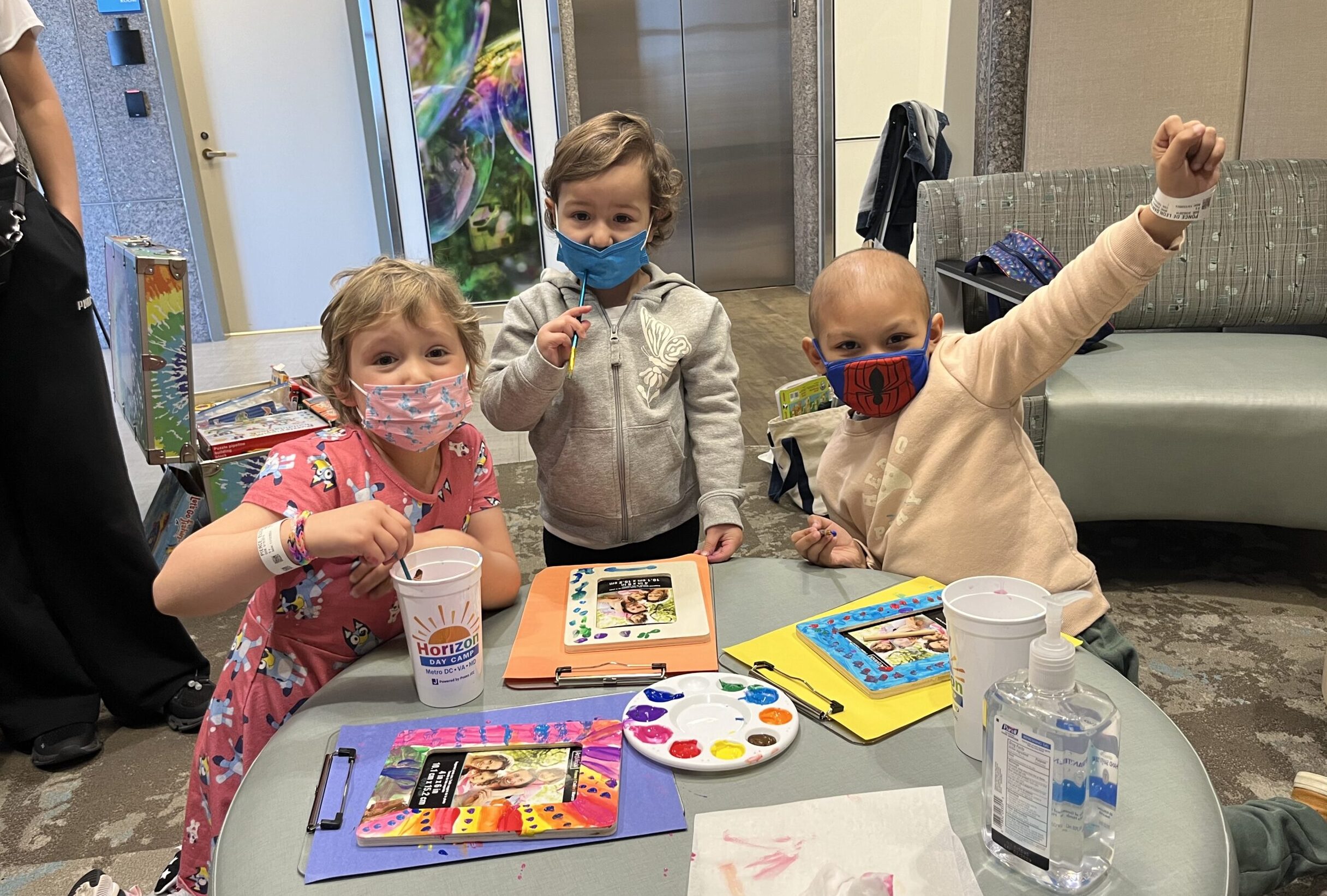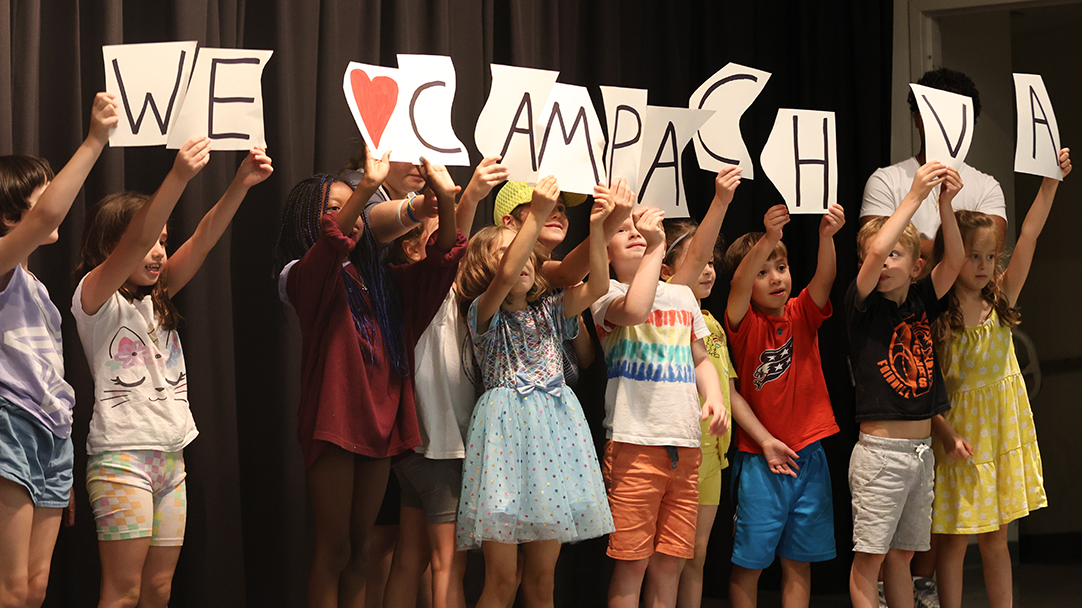
Honoring Coming Out Day: A Guide for Parents
October 11 is National Coming Out Day, a date that represents a complex mix of pride, courage, self-acceptance, fear, and excitement for members of the LGBTQ+ community. For anyone navigating the emotions and conversations surrounding this day, the Pozez JCC remains committed to being a safe and welcoming home for all families and individuals. We encourage you to read our guide for parents as we reaffirm our dedication to providing a truly inclusive space where every member of your family feels seen, supported, and celebrated.
Navigating the process of coming out can be challenging, and recent data underscores the importance of parental support: As of 2022, 40.9% of LGBTQ+ youth in the United States were out to their parents/guardians, 34.3% were out to their siblings, and only 4.1% were out to their extended family, according to the Human Rights Campaign Foundation’s survey of 13,000 LGBTQ+ kids (ages 13 – 18).
Why is each percentage below 50%? Because more than half of the kids that do come out experience negative feedback from their parents and family. Children are afraid of facing rejection from their parents and that makes them reticent to come out.
Luckily, over half of kids who come out have also experienced positive feedback from their families, with parents and guardians reassuring them that they like them for who they are or speaking positively their LGBTQ+ identity.
So, what should you do if your child or school-aged family member comes out to you? In honor of National Coming out Day, here is some advice about what to do and what not to do:
What to Do:
Tell them you love them no matter what
This is the best thing to say first, before you say anything else — even if your child’s announcement is hard for you to hear. It is also okay to say you need some time to process but say it gently and only after you’ve let them know you love them. Your child will wonder if you still care for them in the same way, and the wondering is enough to damage your relationship.
Do your research
Many resources exist online for parents with LGBTQ+ children. Do some research to learn what your child is experiencing, how to support your child, and how to cope if you are struggling with the change. Even trying to understand is better than nothing.
Be open-minded
Nearly 1 in 10 U.S. adults identify as LGBTQ+, so there is always a possibility that one of your children identifies this way, as well. If you let yourself be open to the idea of having a child in the LGBTQ+ community from the start, acceptance will come more naturally.
What Not to Do:
Don’t respond that you wanted grandchildren
Gay and transgender people can have children! Adoption, IVF and surrogacy are all ways members of the LGBTQ+ community can have children. Rest assured you may still have biological grandchildren, though you have no guarantee, even with a straight child, that your son or daughter will want children one day.
Don’t ask when or why they chose to be gay
Being LGBTQ+ is not a choice. It’s a choice to accept that part of oneself and it’s a choice to come out, but sexuality and gender are intrinsic. Gender identity is not only influenced by psychosocial factors like societal beliefs and innate sense of self, but also biological factors out of someone’s control, such as naturally higher levels of testosterone. Sexuality, similarly, is not something one chooses but something that is a part of you. Consider that you didn’t choose your sexuality, either.
Don’t pretend they never told you
Many parents fall into the trap of feeling like they’ve accepted their child’s identity but continue to ask them heteronormative questions. Do not ask your bisexual daughter, “When will you get a boyfriend?” or your transgender son if he wants to go dress shopping for prom. It’s not enough to accept them only in the moment they come out. It may take a conscious effort but be considerate about the things you say and whether or not you are erasing part of their identity with your thoughts and questions.
These are just a few ways you can make coming out easier for your child. Though it’s incredibly important to accept and love your child no matter what, it can also be challenging for some parents to reimagine their child’s future self.
My number one recommendation is to start your parenting journey with an open mind. Be curious about your child. Expect the unexpected. You are only in control of your own thoughts and actions, not theirs.
Love your children — whether they’re gay, straight, bisexual, trans or nonbinary. Love them for who they truly are, and everything else will follow.
Resources for families of LGBTQ+ individuals:
- Families/Parenting Archives – Keshet (a Jewish resource)
To close, remember that providing unconditional love and support is the most powerful tool you have as a parent or guardian. Your efforts to research, learn, and offer positive affirmation can dramatically change your child’s experience for the better. At the Pozez JCC, we are proud to be a warm and welcoming community that celebrates diversity, inclusion, and belonging every day. Whether you are seeking resources, connection, or simply a safe space for your family to gather, know that you are seen, valued, and welcome here exactly as you are.









